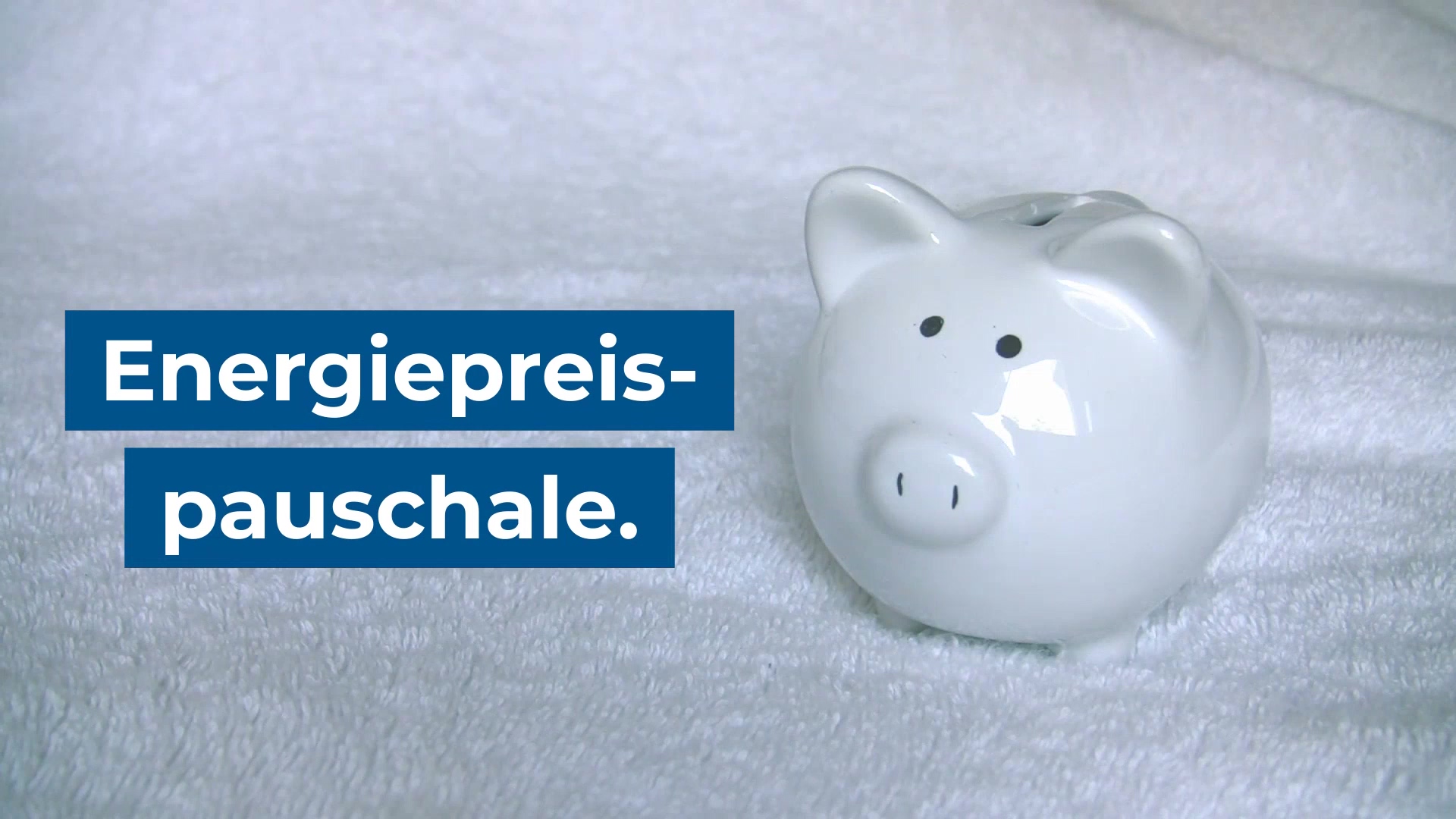Do you check what’s new in your inbox every 10 minutes? And are you on your Facebook stream more often (and for longer) than you actually intended? Unfortunately, you continue to lose track of your real job, of what you really wanted to do.
Especially when things get complicated, when a task really challenges us or is completely new, we like to avoid the challenge and dedicate ourselves to simple, safe and more fun activities. We look for a quick reward instead of putting in effort. And we also get easily distracted by notifications in apps or the browser. Why: Facebook, Twitter, Insta, checking email – these are all distractions.
Diversion? Where’s the problem?
This is what the word itself says. It distracts you from important things. Towards what is not important. You lose focus and spend your time doing enjoyable things that don’t bring you closer to your goals (or just completing planned daily tasks). So time is really wasted!
What’s worse: imagine sitting down with a complicated text that requires all your knowledge for the content and all your creativity for the wording. You feel overwhelmed right now, your motivation to continue is decreasing. A notification appears from Facebook: Your friend XY is currently active. You switch to your browser and watch his video. After 5 minutes he’s done, but you’re still far from done. First follow your Facebook stream and see who else has posted or shared something. Read, share, like and 20 minutes later you realize you’re still on Facebook instead of writing your text.
If you try to start writing again now, it will take you another 20 minutes or so to get back into the flow and get things going really well and productively. So you lost not just 20, but 40 minutes.
Why does distraction work so dangerously well?
Psychologist BF Skinner experimented with rats in the middle of the last century, studying how their behavior changed following rewards and punishments. He observed the learning processes. The rats sat in the Skinner box he designed and could, for example, operate a food dispenser using a lever. They figured it out quickly and pulled the lever as soon as they were placed in the box. But if the lever did nothing for a period of time, the new behavior was forgotten.
This learning through reinforcement (reward) and punishment is known as operant conditioning. How quickly you learn or stop the behavior depends on the administration of the reward. With regular rewards (press the lever once = 1 treat) you learn slowly, but quickly give up if the reward doesn’t come.
It looks completely different if the reward occurs at irregular intervals. The rat (or human) does not know when he will get something again. In this case the test subject learns the behavior particularly quickly and unlearns it only slowly. Gambling providers take advantage of this and can trigger an addiction that is difficult to give up.
And unfortunately, that’s how the reward we get from checking our inbox and social media works: We never know if there’s an interesting email waiting for us or if someone has posted a particularly cute cat photo (or a particularly provocative statement). So let’s keep checking, let’s keep scrolling. And receive our reward at irregular intervals. This is really crap!
What do we do about seductive distractions?
The addiction factor that comes with easy reward through entertainment is actually problem enough. But it gets worse: Nir Eyal writes in his book “Indistractable” (p. 95) that it is not enough to simply ignore the notification from Facebook or your email program and dismiss it. The interruption is still there, it takes you out of your productive phase. And then it takes just as long to get back into it, as if you had succumbed to temptation and allowed yourself to be distracted in the long term. So what to do?
It’s best to remove any triggers that might distract you. This reduces the likelihood of automatically ending up in your email client or on Facebook.
- Turn off all notifications that don’t really need to be there: on your computer, on your smartphone
- Only telephone and SMS are allowed
- It is best to place the smartphone out of sight
- close browser tabs with Facebook and Co
- If you need communication about the project, don’t do it via email. A system like Trello is better at this point because you have the communication sorted appropriately and then you look at it when you think it’s right.
- So don’t even turn on the Trello notification, which tells you about actions on the lists and cards you’re looking at.
- Timeboxing is your friend: reserve time for your correspondence – according to your rules! So maybe twice a day.
- Also set aside time for cat photos and funny videos. But also according to your rules, planned according to your work rhythms.
latest posts published

Are you starting to run? This is how we persevere!

Your time invested profitably every day: What are your EPAs?

Energy flat rate: who is entitled to the 300 euro bonus?

Here’s how companies choose the right solution

Set and achieve goals with SMART

Different working models and employee retention: a connection?

Flexible working hours

Personal Kanban in the notebook: be productive

Reporting for effective workforce management


